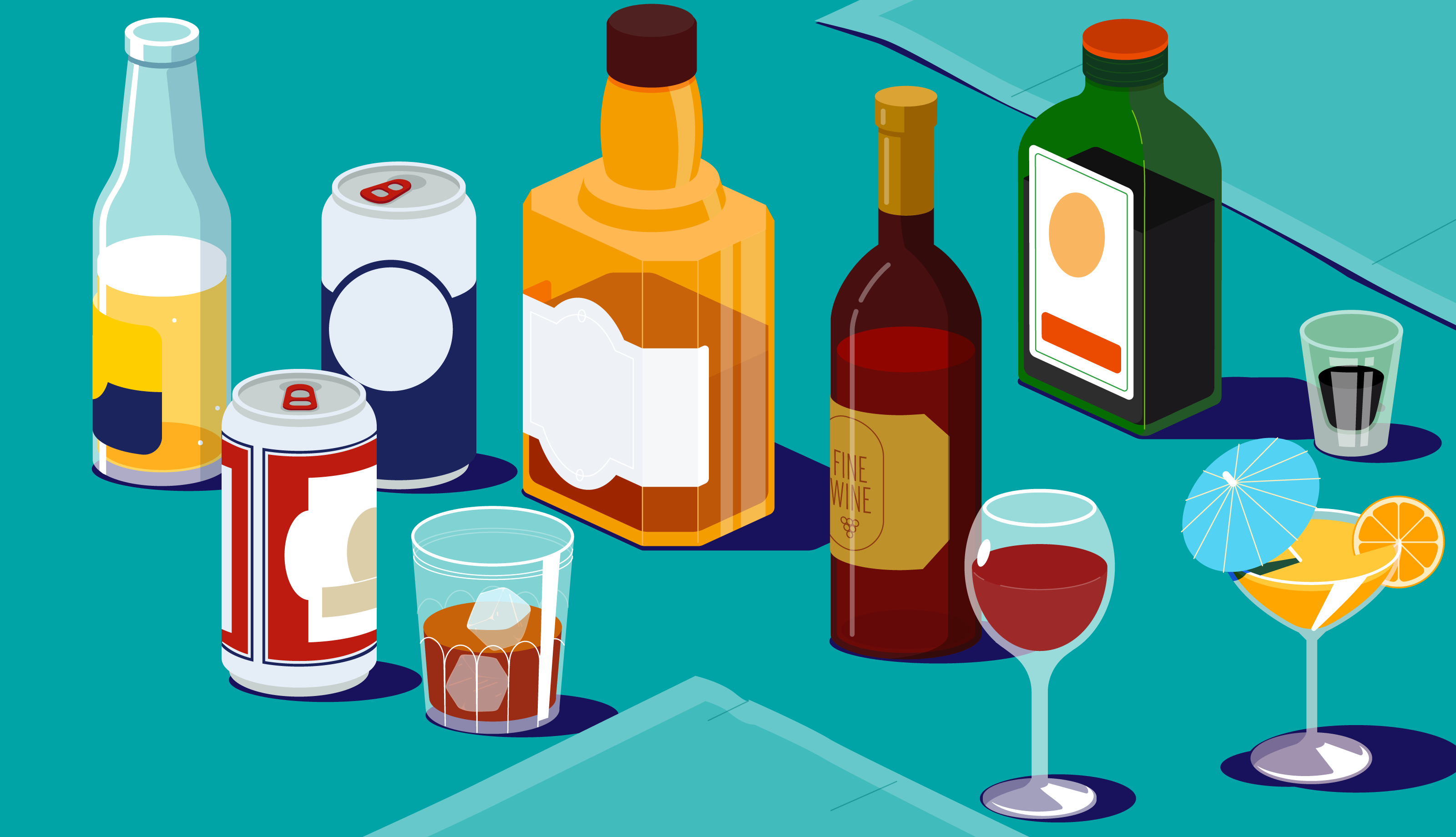How Does Alcohol Interacts With Medicines?
Alcohol is a depressant that interacts with many medicines. It can make the side effects of a prescription drug even worse. Some of the most common examples are cough syrups, herbal supplements, and OTC medicines. The combination can result in headaches, nausea and vomiting, and even liver damage. In some cases, interactions are so severe that the person can't function properly. To avoid this problem, you can visit https://alcodru.com/. At this site, you can check drug-alcohol interaction information.
Alcohol and medications aren't compatible with each other, but there are some cases where they do. These situations happen with antidepressants, antihistamines, sleeping tablets, and anti-inflammatory medicines. However, it's not just prescription drugs that are at risk for alcohol-related difficulties. Certain herbal medicines can also interfere with alcohol. Therefore, it's important to check with your doctor before taking any type of medication with alcohol.
Drinking alcohol while taking prescription medicines should be avoided. For instance, people taking long-term medication should avoid alcohol during their medication. There are several reasons for this, but it's especially problematic for older people. Some of these medications are known to cause side effects with alcohol. For example, Ramipril, a blood-pressure drug, can interact with alcohol, causing light-headedness and dizziness. In addition, if a person is on a blood-thinning medicine, it may reduce their ability to treat clots.
Some medications can alter the way your body responds to alcohol. Other OTC products can intensify the effects of alcohol, causing impaired driving and other dangerous situations. If you're concerned about mixing alcohol and your medications, check with your pharmacist and talk to your doctor. A combination of the two can have harmful health consequences and can even lead to an overdose or even a life-threatening medical emergency. The effects of alcohol and medications vary among individuals, but they can be life-threatening.
Some medications will react differently to alcohol. Those that are more sensitive may be more prone to alcohol interactions. For example, a medicine for arthritis may cause a reaction with an alcohol-containing medicine. While medication for a migraine can be ineffective if taken with alcohol, a common problem with these medications is an increase in heart rate. If a person is taking more than one prescription medication, this could be a sign of a more serious health issue.
Alcohol can affect the function of some prescription medications. For example, monoamine oxidase inhibitors can be dangerous when mixed with alcohol, making them dangerous for drivers. Medication for migraines, anxiety and other symptoms can be influenced by alcohol. Some medications are more effective than others. The amount of time your migraine lasts can be significantly affected by the interactions between the two. Some can even make a medication less effective if it is mixed with alcohol.



Comments
Post a Comment